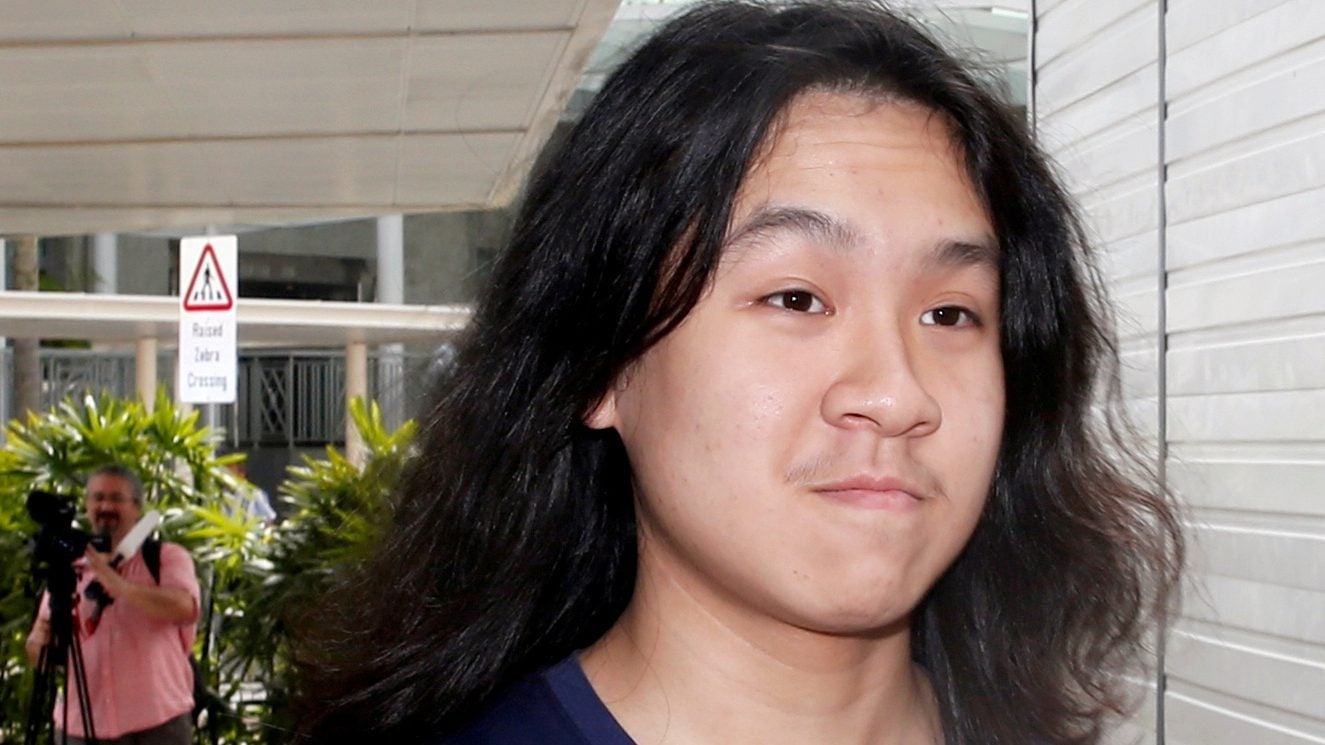A US judge has granted a Singapore teen blogger political asylum, calling him a “young political dissident”
A United States judge has granted asylum to Amos Yee, an 18-year-old blogger from Singapore, who has been jailed on two occasions for his public views on religion and politics. Yee came to the US in December under the visa waiver program and requested asylum before an immigration judge, expressing a fear of returning to Singapore.


A United States judge has granted asylum to Amos Yee, an 18-year-old blogger from Singapore, who has been jailed on two occasions for his public views on religion and politics. Yee came to the US in December under the visa waiver program and requested asylum before an immigration judge, expressing a fear of returning to Singapore.
Judge Samuel Cole approved his asylum, describing him as a “young political dissident” and saying that his “prosecution, detention and general maltreatment at the hands of Singapore authorities constitute persecution.”
In May 2015 Yee was found guilty of circulating obscene imagery and “wounding religious feelings,” after posting a YouTube rant in which he criticized Lee Kuan Yew, Singapore’s founding father and first prime minister, calling him “horrible” and a dictator. He was also criticized Christianity, describing Christians as “power hungry.” Last September he was sentenced to six weeks in prison by a Singapore court for “wounding religious feelings” by posting videos, comments and pictures that criticize Christianity and Islam.
“It is the prerogative of the US to take in such people who engage in hate speech,” Singapore’s Ministry of Home Affairs said in a statement, listing charges against Yee alleging that he engaged in hate speech against Christians and Muslims. The statement noted that Singapore takes a different approach to free speech than the United States, which, they said “allows some hate speech under the rubric of freedom of speech.” They added that people who engage in hate speech or attempt to burn a religious text would be arrested in Singapore.
Judge Cole’s statement noted that individuals who had made controversial statements about religion but not made political comments had not been prosecuted by the Singapore government. Cole argued that the government’s focus on his religious hate speech “was a pretext to silence his political opinions critical of the Singapore government.”